Three Promises takes us inside the day-to-day experience of a Palestinian family living through the tumult of the Second Intifada. Directed by Yousef Srouji, it draws from home videos recorded by his mother Suha two decades earlier. Between 2000 and 2001, as violence and uncertainty became normalized aspects of life in the occupied West Bank, Suha’s camera captured quiet moments of togetherness alongside the tensions that gradually widened fault lines within the family.
The film spans roughly a year, with Yousef and his sister Dima still young children alongside parents Suha and Ramzi. Bombings by Israeli forces had inflamed the Second Intifada uprising in response. Seeking shelter, the family often gathered fearfully in their basement during attacks. Each brush with danger led Suha to promise God that if they survived, they would leave Palestine behind. Yet her deep connection to her homeland proved stronger each time, and the family remained.
Through piecing together Suha’s footage, Three Promises offers perceptive insights into how immense political conflicts inflict personal costs. It explores the heavy psychological burden imposed on families and the struggle to find normalcy amid chaos. Most powerfully, it shines a light on universal human desires for both safety and belonging, posing questions as timeless as the land itself.
Facing Fear amid Family and Conflict
Three Promises centers around Suha Srouji and how she filmed her family’s experience during the Second Intifada. We meet Suha, her husband Ramzi, and their two young kids, Dima and Yousef, living in the occupied West Bank. At first, their daily lives seem normal as any family’s—bonding, school, celebrations.
However, turmoil is nearing. In late 2000, tensions escalated over Israeli Prime Minister Sharon’s controversial Temple Mount visit. Palestinian protests grew violent as Israeli police cracked down, kicking off the Second Intifada. Uprisings and clashes engulfed the territories as civilians like Suha’s family found themselves caught in conflict.
Nightfall brought unease as the sound of battle creeped closer. Suha documented it all on camera from their balcony, capturing the kids’ fear watching explosions light the sky. Each night’s unknown left persistent worry. As clashes continued, normal life cracked under pressure. Neighbors fled danger abroad while others took refuge underground, like Suha’s family, holed up in their basement-turned shelter.
The instability took a toll. Suha made repeated promises to God—if they survived each bout of violence, she’d take the kids away from Palestine. Yet every time the dust settled, her homeland’s pull proved stronger. However, with each passing attack, the prospect of fleeing seemed more necessary for protection. The kids coped as best they could, but their innocence was clearly scarred by wartime’s harsh realities.
Over time, even emotional support vanished. Friends moved on as Yousef discovered his pal had left the country, a trauma that aged him beyond his years. Facing uncertain futures, the family retreated to a vacant school for shelter, bonding over shared hardships with other displaced faces. Eventually, Suha kept her final vow, and the family escaped overseas, torn from the only home they’d known.
Through it all, Suha’s camera serves as her lifeline, memorializing loved ones each day could be their last. Three Promises brings their poignant story to viewers: a personal lens into life, loss, and defiance under duress.
Capturing Courage from Home
Yousef Srouji’s decision to utilize his mother Suha’s home videos is what makes Three Promises a truly outstanding film. The raw footage, spanning 2000 to 2001, transports viewers straight into the tense daily reality of living under threat.
Through Suha’s camera lens, we witness the Srouji family’s resilience as ordinary life collides with warfare. Be it sleepy nights holed up in bomb shelters or casual school runs disrupted by clashes, her camera intimately documents it all. This grabs audiences, putting them alongside the family as conflict closes in.
We feel personally connected to each character, from mother Suha’s gentle guidance to kids Dima and Yousef’s youthful bonds. Shot candidly rather than for an audience, the home videos carry authenticity you can’t replicate. They offer a true slice of life away from sensationalized headlines.
Beyond chronicling events, Suha’s camera serves as a therapeutic tool. On frightening nights sheltering, her focus remains on documenting comfort and strength between loved ones. Even in the bleakest moments, her footage finds humanity—like when the kids cope through play amid danger.
Her persistent recording also empowers. By preserving memories, however difficult, Suha asserts control over hardship. She ensures her family’s resilience won’t be forgotten, their spirit surviving where buildings and normalcy fall. Though a disturbing glimpse, her videos reflect survival, not suffering.
Three Promises underscores Suha as a protector who refuses to let fear displace her family. Despite promises to God and pressures to flee, her steadfast camerawork symbolizes resilience in their homeland. Even today, her documented intimacy grants audiences insight into perseverance through conflicts worldwide.
By channeling a mother’s intimate lens, Three Promises tells a universal story in the most powerful way—through uncompromising love that transcends any turmoil. Suha’s home videos showcase courage that maintains light, even in darkness no camera could ever capture. Her family’s strength continues to inspire audiences globally through her powerful, unforgettable chronicling.
Wartime Reality Sets in Early
Three Promises offers a glimpse at how constant conflict impacts young minds. Srouji’s documentary highlights the premature psychological effects this environment had on him and his sister Dima.
From the first nights taking shelter, their reactions show a saddening awareness of wartime horrors. Camera-shy Dima insists the family hide together, tears showing a fear beyond her years. Meanwhile, cheerful Yousef holds it together, perhaps coping by pretending it’s all a game.
As danger becomes normalized, so too does discussing death’s tools. Srouji and friend Sasha converse casually about ordnances—knowledge no child should have. Their familiarity hints at how normalized violence had become, amid destroyed structures now just ruins.
We also see trauma’s lingering effects. Leaving a friend’s empty home, the children ache for what’s lost. Gone is the stability of community ties, replaced by a constant, lingering sadness. Scars like these stay long after bombs stop, the film suggests.
Fleeing brings further trauma, now with an unexpected intensity. Families before faced similar forced departures, the film notes, implying a lineage of shared suffering. Yet escape provides little relief, with the trauma of dispossession still impacting generations later.
Srouji’s project shines light on personal tolls beyond statistics. Caught in conflict through no fault of their own, children like Yousef had childhoods cut short and psyches prematurely hardened. His film ensures their resilient spirits survive where buildings could not, a reminder of humanity’s strength even in darkness.
Three Promises illuminates scars invisible to outsiders. Its up-close portrayal of a family’s everyday struggles highlights traumas living on far after “peace” returns. In so doing, it honors resilience through shedding light on realities too often overlooked.
Facing Conflict’s Complex Pulls
Three Promises illuminates the multifaceted impacts of living through occupation. Despite daily dangers, Srouji’s family strives for normal routines. Scenes of childhood play stand out against bombings’ constant backdrop.
Yet staying also means immense uncertainty. Each night wondering if explosions grow nearer tests even resilience’s limits. Faced with escaping an untenable situation, Suha makes repeated deals with fate. Her repeated promises show conflict’s turmoil writ small.
For while survival instincts compel flight, something stronger anchors Suha in place. Call it national pride, community ties, or love of homeland—this film highlights emotions transcending life-or-death calculations. No matter violence’s scale, human hearts often remain tethered to history and heritage.
Suha’s internal conflict carries universal resonance. Her struggles convey life’s deepest questions around security and identity and how circumstances beyond our control can challenge seemingly straightforward answers. Viewers worldwide will relate to desperate appeals made from bomb shelters and roots that run deeper than physical safety alone.
In documenting one family’s experience, Three Promises sparks reflection on conflicts anywhere that separate people from place. It affirms our shared stake in others’ liberties, no matter distance or differences. And it reminds us that even in humanity’s darkest hours, our fraternal bonds and insistence on living full lives can outlast any tyranny that demeans our dignity.
This film is a call for empathy—for seeing beyond statistics or sides to individual lives woven into the land for generations. In framing occupation’s toll in personal rather than political terms, it moves us closer to the day when all people can dwell without fear and call home wherever their hearts reside.
Drawing Parallels, Offering Perspective
As violence in Israel and Palestine continues, Three Promises feels strikingly timely. By zeroing in on one family, it personalizes abstract issues. Their suffering sparks reflection on conflicts anywhere that separate people from place and community.
Scenes of children navigating fear and loss parallel those faced today in Gaza. Suha’s footage, capturing anxiety’s daily toll, reminds us that even brief “lulls” offer small comfort against conflict’s enduring trauma. Viewers worldwide relate to promises made from bomb shelters and roots that withstand not physical threats alone.
The film provides insight often absent from headlines. While avoiding overt politics, its intimate lens shows ordinary lives irrevocably changed—a dad’s steadying presence, childhoods curtailed, and neighbors’ sudden departures. The banality of checkpoints, permits, and restrictions shaping lives come alive.
Three Promises prompts consideration of wider forces without didacticism. Viewers think beyond shorthand labels to our shared stake in others’ safety and dignity. It illuminates humanity in those usually registering as statistics.
This poignant work spreads awareness of Palestinians as more than issues or problems, but whole families torn apart. By seeing faces behind struggles, we move closer to understanding all people’s right to belong without fear, calling home wherever their hearts reside. Its message of unity in adversity could not feel more timely.
Taking Home a Message of Hope
Three Promises packs a powerful punch in its brief runtime. Yet beyond showing conflict’s brutality, it finds hope where others might have lost all. By preserving intimate family memories, director Yousef Srouji sheds light on humanity’s resilience.
Through raw, compassionate footage, we live alongside Suha Srouji’s calm courage and her children’s forced maturity. Their daily struggles feel both common yet profoundly moving. Suha’s camera becomes both a shield and a witness against violence threatening to erase her family from history.
Her footage ensures these ordinary individuals remain seen as whole people, not just statistics. Their love for home and each other prevails despite terror striving to tear all asunder. In reflecting trauma’s enduring toll, the film challenges numbness to suffering across borders.
Three Promises spreads awareness that our shared humanity matters more than differences artificially amplifying division. It stirs empathy by meeting viewers where life happens—in families and communities, not headlines alone. Srouji’s powerful documentary sends us forth with not despair but vision of a just, compassionate world where all may live freely. Ultimately, this is a story of hope that will stay with viewers long after its final tender frames fade to black.
The Review
Three Promises
Three Promises delivers a poignant and quietly profound portrait of ordinary lives upended by conflict. Director Yousef Srouji crafts an empathetic tapestry of personal resilience through his family's intimate archive, reflecting trauma's complexity whilst upholding our shared humanity. A compelling snapshot of survival that will linger long after viewing.
PROS
- Authentic and intimate perspective of lived experience during conflict
- Subtle yet powerful storytelling using raw home video footage
- Evocative glimpse into the psychological toll of ongoing violence and uncertainty
- Universal messages of family bonds enduring despite adversity
- Illuminates common people's reality, often unseen in broader political narratives
CONS
- Limited exploration of wider historical and political context
- Some scenes could induce strong emotions for viewers impacted by similar trauma.
- Conclusion provides little resolution and leaves some threads unfinished.
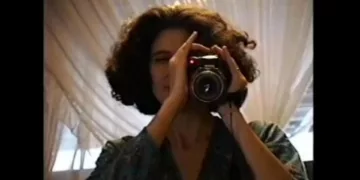








































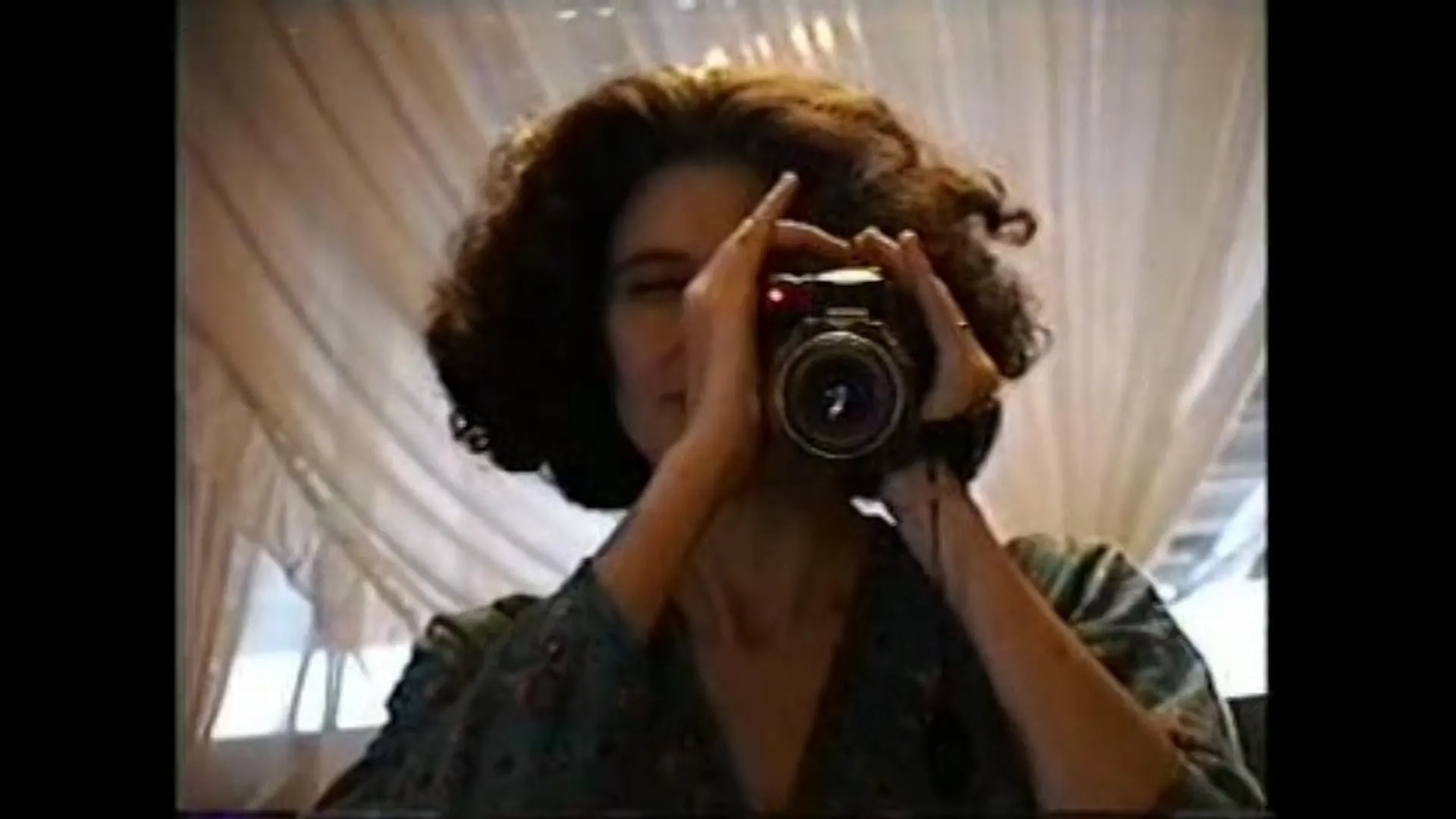

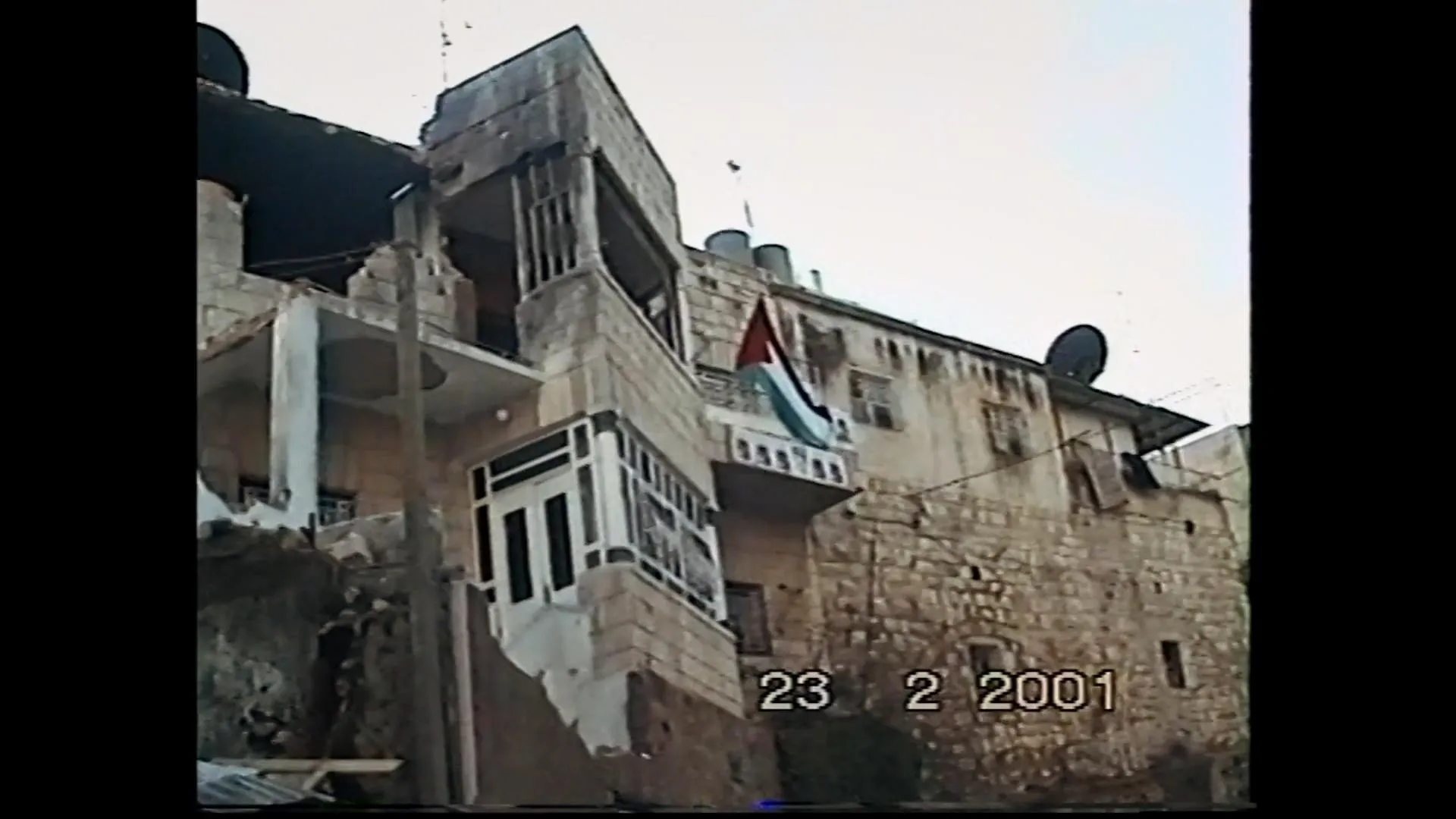
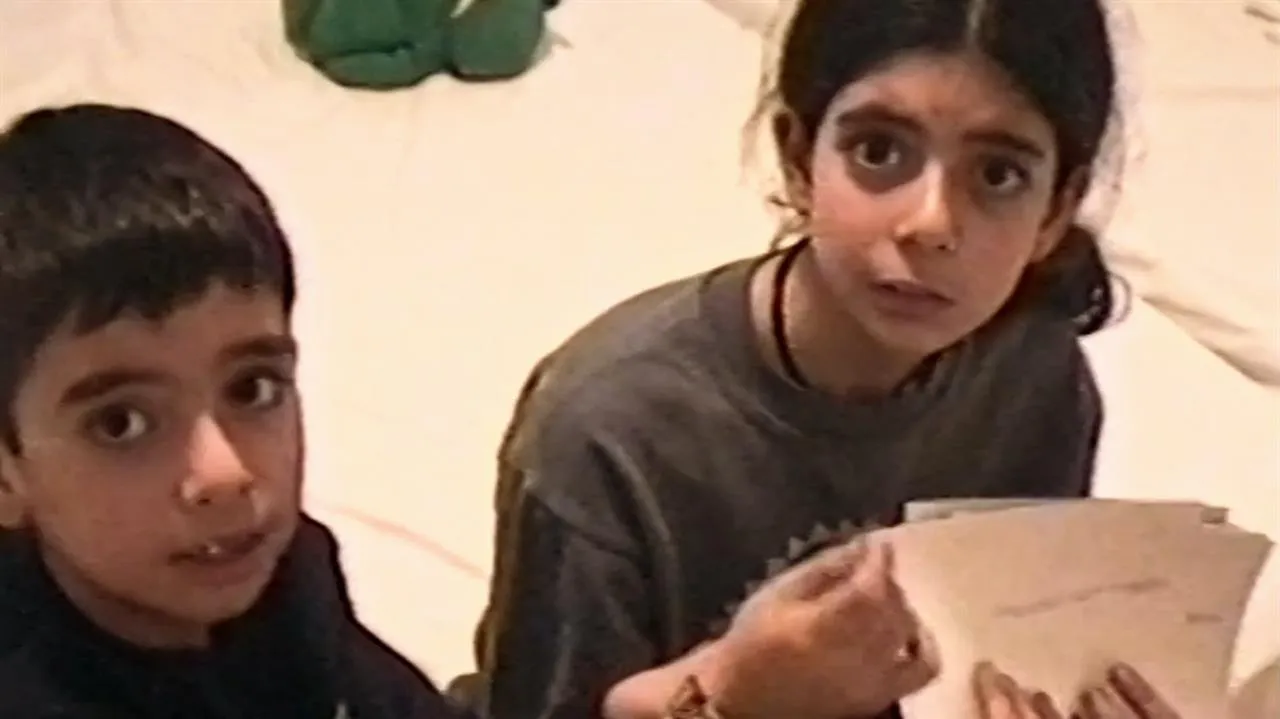
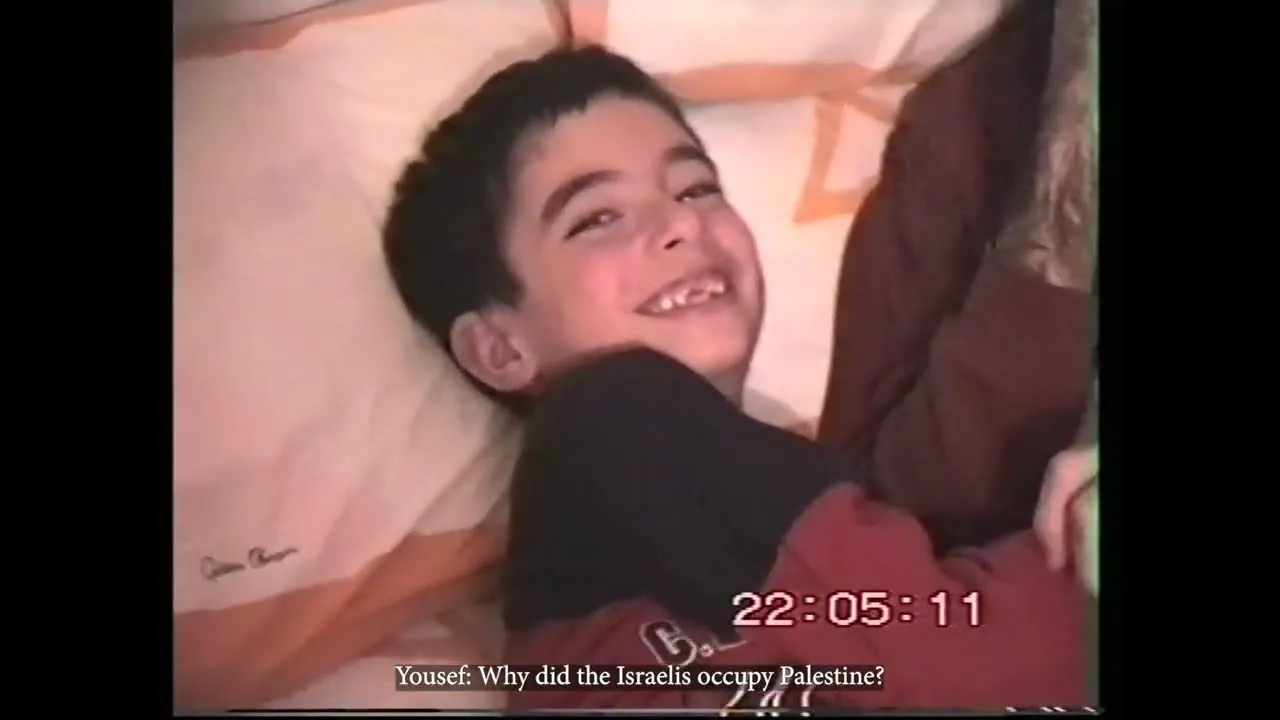








Discussion about this post